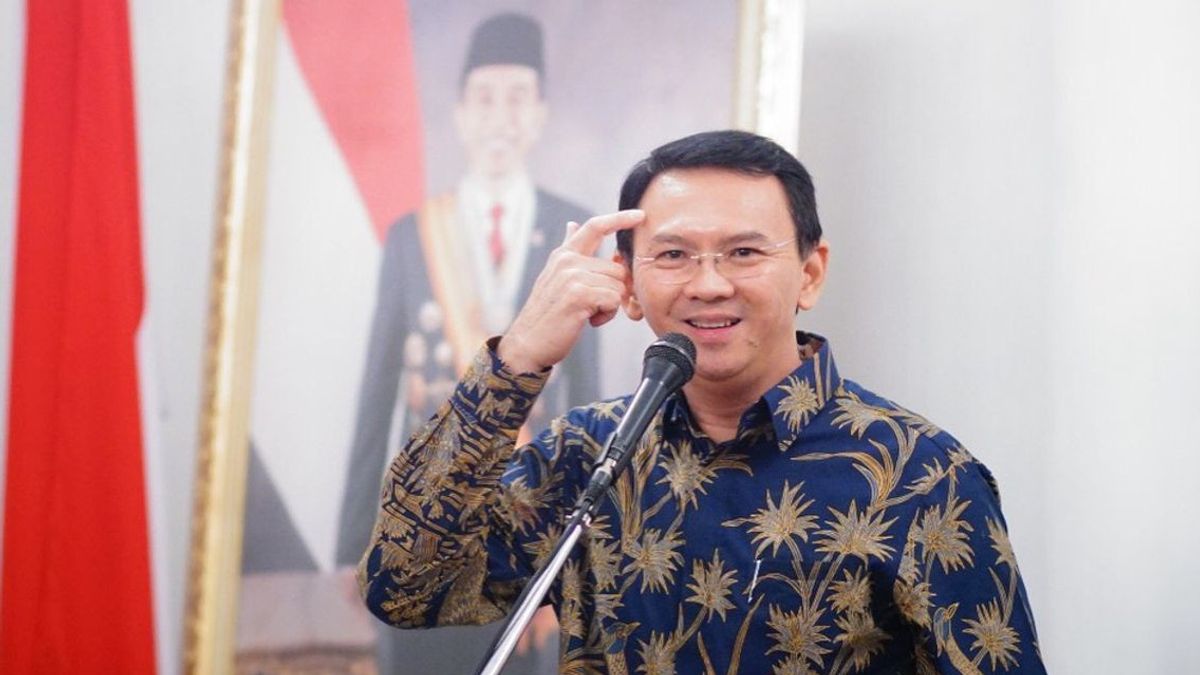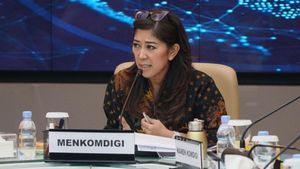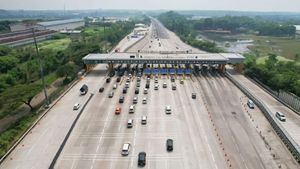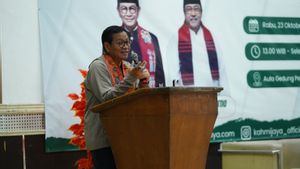JAKARTA - On 19 November 2014, Basuki Tjahaja Purnama, who is usually called Ahok, was appointed as the Governor of DKI Jakarta. The inauguration was carried out after the previous Governor of DKI Jakarta, Joko Widodo (Jokowi) became President of the Republic of Indonesia. Ahok as deputy governor, will automatically replace Jokowi as governor.
Since the beginning of Ahok's planned inauguration, various controversies have arisen. Before being appointed governor, Ahok left the Gerindra Party. Ahok admitted to having different views regarding the Pilkada Law (UU). As a result of his resignation, he argued with Gerindra.
Citing CNN, these tensions led to the refusal of Gerindra and its coalition partners - who are members of the Red and White Coalition - for Ahok's appointment. However, the Great Indonesia Coalition and the Ministry of Home Affairs want Ahok's inauguration to continue.
Another problem that arose was that Ahok did not agree to be appointed governor for religious reasons. The Islamic Defenders Front, together with the Rasulullah Defenders Movement and the Islamic Defenders Army, strongly opposed Ahok's inauguration. Both parties feel that since the majority of Jakarta's population is Muslim, the leaders should also be Muslim.
Ahok's populist policies
Ahok is known as a tough and fierce leader. However, behind his angry attitude, Ahok has also made waves in tidying up Jakarta. He may not be a good communicator, but he is almost certainly a good policy executor.
One of the policies to overcome Jakarta's complexities is to move the residents of Kampung Pulo, who are located on the banks of the Ciliwung River, to simple rental flats (rusunawa). The relocation was marked by clashes between residents and the authorities.
The relocation which was carried out in September 2015 succeeded in making a number of residents move to the flat in West Jatinegara, East Jakarta. Initially, the residents complained about the bad apartment facilities. However, improvements to the flat were immediately carried out.
Ahok also evicted each building in Kalijodo, an area known as a location for prostitution on the border of West Jakarta and North Jakarta, on February 29, 2016. Not just eviction, Kalijodo transformed Ahok into a Child Friendly Integrated Public Space (RPTRA) which was inaugurated on February 22. 2017.

In the Ahok era, the Semanggi Simpang Susun was built. Quoting Liputan 6, the development cost Rp579 billion. The Semanggi Simpang Susun is also referred to as a monumental work of DKI Jakarta for its citizens. The flyover has a length of 1,622 meters and has a unique and luxurious design.
In addition, Ahok, who led Jakarta with Djarot Syaiful Hidayat, also brought changes in the bureaucracy. Ahok has done many things for bureaucratic reform aimed at reducing corruption, collusion and nepotism (KKN) practices within the DKI Jakarta Provincial Government (Pemprov).
Some of the steps include streamlining the City Planning Office. Ahok remodeled the bureaucracy to make it more efficient and clean. Ahok also dismissed disciplinary civil servants.
Towards the end of his leadership, Ahok was caught in a legal case. Ahok was deemed to have committed religious blasphemy and was found guilty of his statement regarding Surat Al-Maidah 51 while visiting Pramuka Island, Thousand Islands. Ahok spent 2 years in prison. Ahok is free in January 2019.
The English, Chinese, Japanese, Arabic, and French versions are automatically generated by the AI. So there may still be inaccuracies in translating, please always see Indonesian as our main language. (system supported by DigitalSiber.id)









